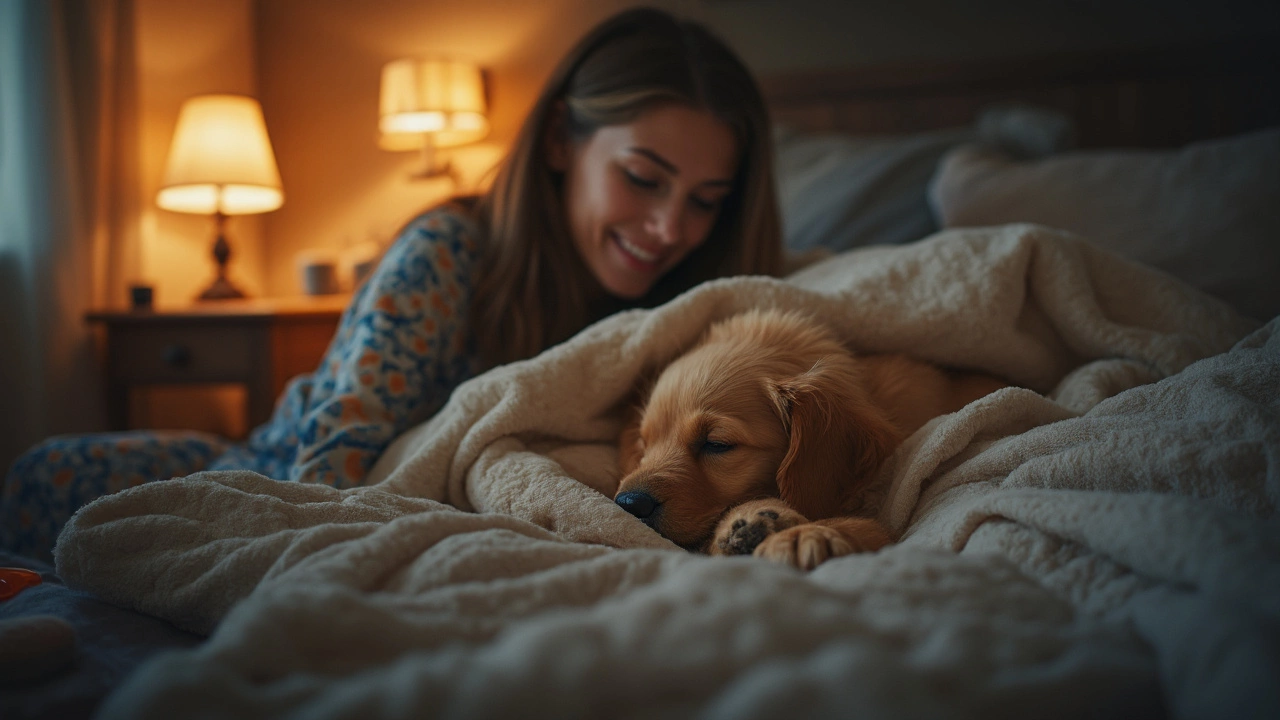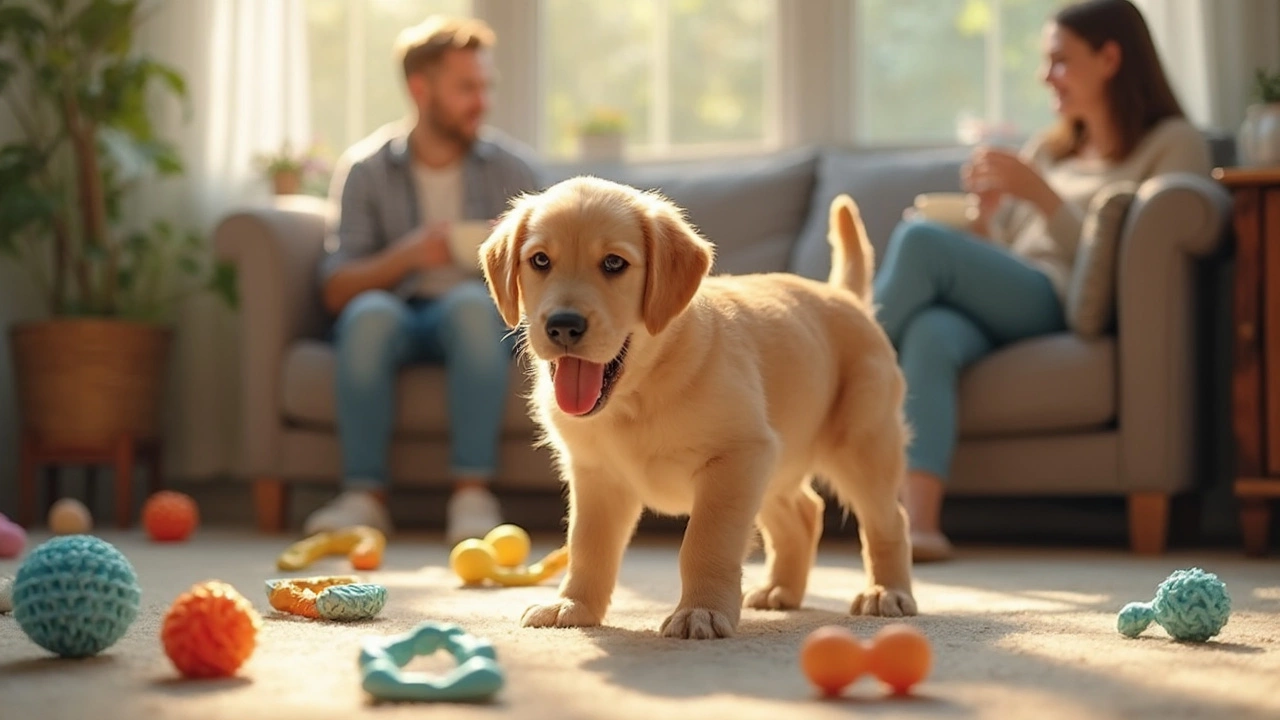8 Week Old Puppy: Essential Care Tips
Got a fluffy 8‑week‑old puppy and wondering what to do first? You’re not alone. At this age the pup is full of energy, curiosity, and a growing need for the right food, guidance, and safe surroundings. Below are the basics you need to start on the right paw.
Feeding Your 8‑Week‑Old Puppy
At eight weeks your puppy should be eating a high‑quality puppy kibble or a vet‑approved wet diet. Look for food that lists real meat as the first ingredient and includes DHA for brain development. Divide the daily amount into three to four small meals; tiny stomachs can’t handle a big bowl at once.
Measure the food according to the package guidelines, then watch the pup’s weight and energy level. If they’re gaining too fast, cut back a little; if they’re always begging for more, add a tablespoon of plain cooked chicken or pumpkin puree. Fresh water must be available at all times, and the bowl should be cleaned daily to avoid bacterial buildup.
Training & Socializing Basics
Training at eight weeks is all about gentle boundaries. Start with a simple “sit” cue using a treat as a lure, then reward the moment the pup’s hindquarters touch the floor. Keep sessions under five minutes—puppies lose focus fast.
Crate training works wonders for housebreaking. Choose a crate just large enough for the pup to stand, turn, and lie down. Put a soft blanket inside, feed meals there, and gradually increase the time the pup spends inside while you’re home. Never use the crate as punishment; it should feel like a safe den.
Socialization is another must. Introduce the puppy to new sounds, textures, and gentle, vaccinated dogs. Short, positive experiences build confidence and reduce fear later. Always supervise play and end the session if the pup looks overwhelmed.
Health checks should be on your calendar now. The first vet visit usually occurs around the eight‑week mark for the initial vaccinations and a wellness exam. Ask the vet about deworming schedules and flea prevention—most products are safe for puppies from eight weeks onward.
Safety at home means puppy‑proofing. Hide electrical cords, secure trash cans, and block off stairways with baby gates. Puppies love to chew, so offer appropriate chew toys made of soft rubber or nylon. Rotate toys to keep things interesting and avoid boredom‑driven mischief.
Playtime isn’t just fun; it’s learning. Use games like “fetch” to teach recall, and tug toys to practice “drop it.” End each play session with a calm “settle” cue, helping the pup learn the difference between high and low energy states.
Finally, enjoy the bonding time. Speak in a friendly tone, pet the pup often, and keep a consistent routine. A predictable schedule for meals, potty breaks, and bedtime gives the puppy a sense of security and speeds up training progress.
With the right food, gentle training, regular vet care, and a safe environment, your 8‑week‑old puppy will grow into a happy, well‑behaved companion. Keep it simple, stay patient, and cherish every wagging moment.

Can an 8 Week Old Puppy Sleep Through the Night? What to Expect
Worried your 8 week old puppy won't let you get any rest? This article explains what’s normal for puppy sleep at this age and why their nights don't always match yours. You’ll get real-world tips for helping your pup (and you) get more sleep. Learn how long puppies can actually hold their bladder, and find out how to set up bedtime for better nights. Whether you’re a first-time puppy parent or just need reassurance, this guide has you covered.
View more
Puppy Toys: How Do I Keep My 8 Week Old Puppy Entertained?
Got an 8 week old puppy bouncing around your home? They need lots of safe things to explore and chew. This article breaks down easy and fun ways to entertain your young pup with toys, games, and daily routines. Discover why babies need variety and how to keep boredom away. Find tips that'll help your puppy burn energy and stay out of trouble.
View more